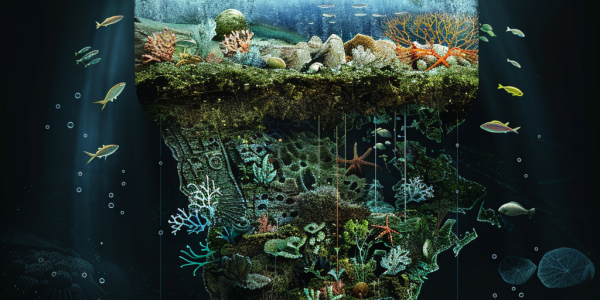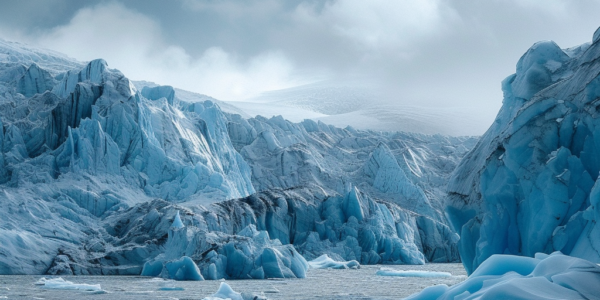New Study Reveals Deep Ocean’s Role in Earth’s Climate History
A groundbreaking study published in *Science* reveals new insights into the Earth’s climate history, focusing on the Mid-Pleistocene Transition and the complex role of the deep ocean in climate regulation. Led by researchers from WHOI and other institutions, the study utilizes 1.2 million years of climate records to uncover how ocean circulation impacts global climate and carbon storage, highlighting the deep ocean’s critical function in mitigating climate change.
New Research Examines Impact of Rising CO2 Levels on Global Warming
New research led by the University of Washington examines the relationship between CO2 levels and climate sensitivity, providing insights into future temperature projections. By analyzing the most recent ice age, scientists aim to refine their understanding of how CO2 influences global temperatures. The study narrows the estimate of climate sensitivity, offering a more optimistic outlook for future warming scenarios with higher CO2 concentrations.
Research Suggests Global Decrease in Carbon Dioxide Emissions Caused Earth’s Longest Ice Age
Recent research from the University of Sydney suggests that Earth’s longest ice age, known as Snowball Earth, may have been caused by a global decrease in carbon dioxide emissions. The study sheds light on the significant influence of geological processes on Earth’s historical climate patterns and offers insights into the impact of human activities on carbon dioxide levels in the atmosphere.
Study Suggests Nine Distinct Cultural Groups in Europe 34,000-24,000 Years Ago
Evidence from personal ornaments suggests the existence of nine distinct cultural groups in Europe between 34,000 and 24,000 years ago, according to a new study published in Nature Human Behaviour. The study, conducted by Jack Baker, Solange Rigaud, Daniel Pereira,…
Research Reveals Southern Ocean’s Role in Global Oceanic Oxygenation
Recent research published in Science Advances sheds light on the role of the Southern Ocean in controlling global oceanic oxygenation during the last deglaciation. The study, conducted by Yi Wang, Kassandra M. Costa, Wanyi Lu, Sophia K. V. Hines, and…





